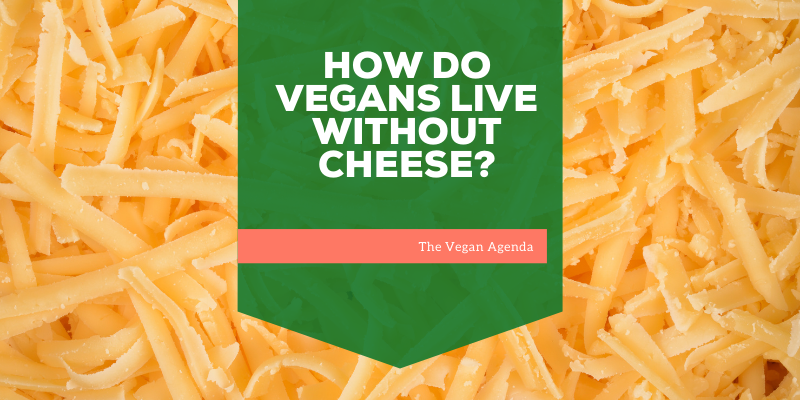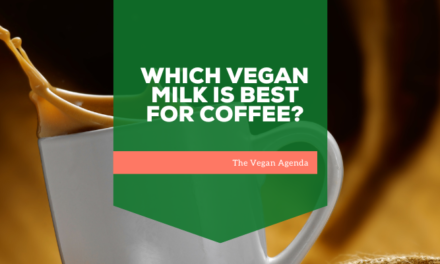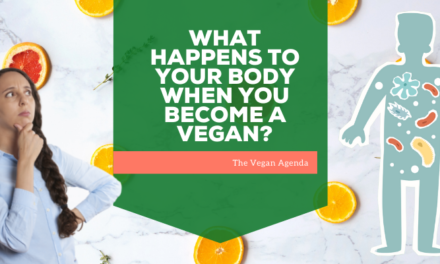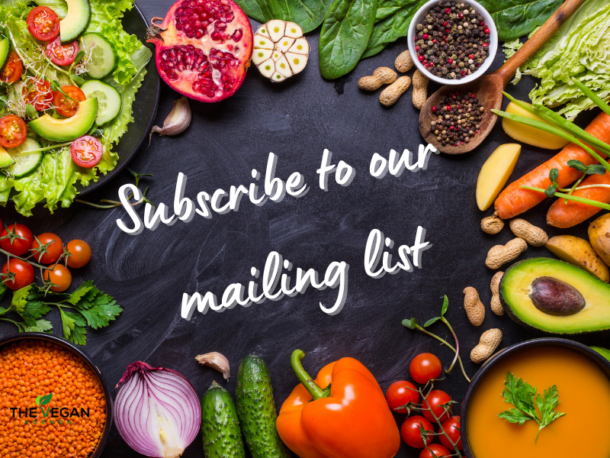When I first transitioned to a vegan diet, I was convinced that, if anything, cheese would be my downfall. We live in a nation of cheese lovers. According to Statista, 474 thousand metric tons of cheese were produced in the UK in 2020, which was an all-time record. With cheese enhancing so many dishes, how do vegans live without cheese?
Why is cheese so popular?
Why do so many people seem to be almost addicted to cheese? The answer to this is that cheese actually is an addictive substance, even if only mildly. Research has found that dairy products, like cheese, contain naturally occurring morphine because this is present in the cow’s milk from which these products are made.
The animal protein casein, which is also in cheese, produces opiate effects when digested due to the release of casomorphins. Via hormones, these opiates can signal comfort to the brain and make cheese mildly addictive. This means that, effectively, cheese can activate the same part of your brain as heroin! It is literally a comfort food.
Want to kick the habit?
How vegans live without cheese
There are several factors that make it possible for vegans to do what seems impossible to so many people – live without cheese.
The first of these lies in awareness. Once you know how cheese is produced and what it actually contains, it becomes much less appealing. The majority of vegans cite animal cruelty as the number one reason for adopting a vegan lifestyle. Practices carried out by the dairy industry during the production of cheese are inherently cruel to the animals involved.
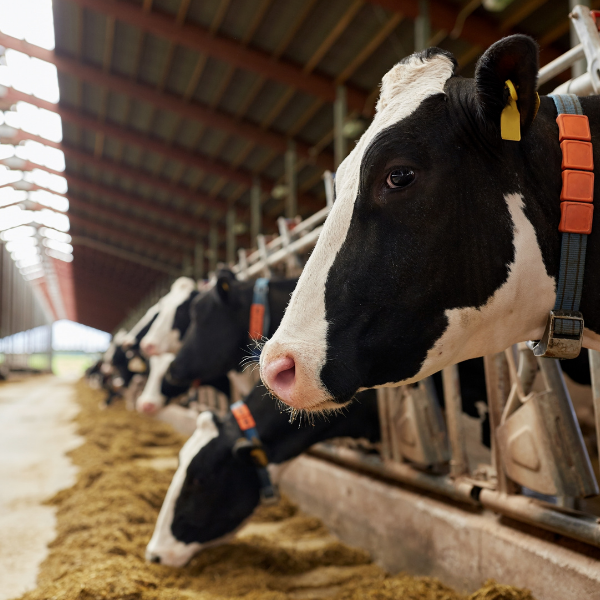
The second factor that makes it possible for vegans to live quite easily without cheese is that so many vegan alternatives are available. While these may have gained a bad rep, vegan cheese is a growing market, and innovative products are being developed all the time. While it’s true that, for some people, vegan cheese is best avoided, for others, it is a staple item on their shopping lists. In addition to direct cheese replacement products, other ingredients can be used to give a cheesy flavour, such as nutritional yeast, for example.
The final factor is really quite simple. Once you abstain from something for some time, you lose the taste and cravings for it. While I initially missed cheese on a large number of dishes, this lessened over time. After a few months, I didn’t think about cheese at all, and it became normal to eat those dishes without it.
Let’s take a look at some of these factors in more detail…
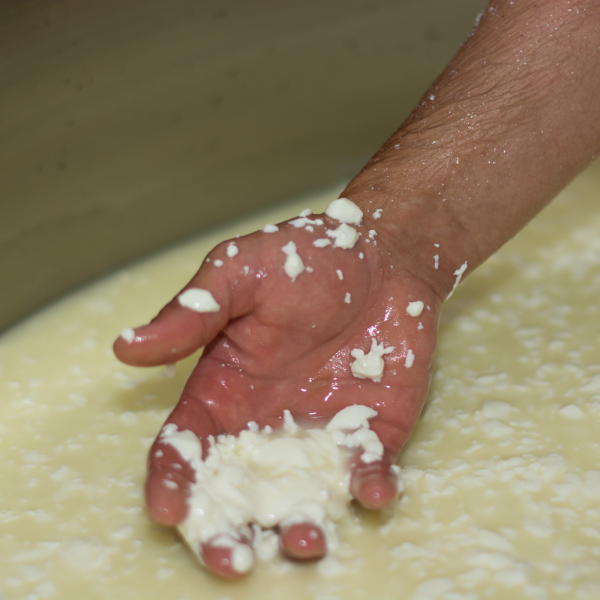
How cheese is produced and what goes into it
Cow’s milk is the main ingredient in most cheeses. Before I became aware and subsequently vegan, I suppose I made the assumption that cows constantly produced milk. At least, I never really thought about this. Having given birth myself quite some time ago now, I should have known better. Cows, like humans, require a pregnancy to produce milk.
As cows are essentially a commodity in the dairy industry, it is deemed necessary to ensure they are almost constantly pregnant to produce sufficient milk to be profitable. This is done by artificial insemination. Since the cows concerned cannot provide consent, and this is done forcefully, it can be considered rape.
Milk production peaks for a mother cow around birth, lasting for approximately six weeks thereafter. It is typical for cows in the dairy industry to be afforded just two months of rest before being forcefully impregnated once again.
While a cow’s natural life expectancy is around twenty years, in the dairy industry, female cows are rendered useless and thus sadly slaughtered after just five years.
But what happens to all those babies – the calves – who are just effectively a by-product of the milk-producing process? Well, their fate depends entirely on their gender. While females may be allowed to live just to suffer the same milk-producing fate as their mothers when the time comes, the outlook for males is even worse.
Male calves are often slaughtered shortly after they arrive in the world – either for veal production or simply because they are of no use to the dairy industry as they cannot produce milk.
In either case, the babies are taken from their mothers within days – if not hours – of being born. This is incredibly tragic for both parties. Mother cows and their babies have a bond that is just like that of human mothers and their babies. Having their babies removed is incredibly traumatic for a mother cow. She will likely cry, scream, chase her baby as it is being taken away from her and subsequently mourn the loss.
This video sums this up nicely: Mothers With No Babies – The Greatest Tragedy of Cows used for Dairy – YouTube
If this isn’t enough to put you off cheese and other dairy products for life, consider the fact that cow’s milk contains pus. Many of the cows, who are treated as milk machines, get bacterial infections, otherwise known as mastitis. This results in pus getting into the milk, which is the main ingredient for cheese, of course.
Under EU standards, milk may contain up to 400,000 somatic pus cells in every millilitre before it is considered unsafe for human consumption. The number is much higher in the US, and many have speculated over whether it may rise in the UK post-Brexit also.
In addition, cow’s milk contains hormones and growth factors that have been linked to an increased risk of certain cancers such as prostate and breast. It contains saturated animal fat, which is linked to an increased risk of type 2 diabetes, obesity, stroke and heart disease. The casein present in cow’s milk has been linked to type 1 diabetes and childhood allergies in some children. The lactose produces side effects of lactose intolerance in many people, including cramps, wind and bloating.
So, what’s the alternative to dairy-based cheese?
Vegan cheese alternatives
Thankfully, there are plenty of vegan alternatives to conventional, dairy-based cheese. The great thing about vegan cheese is that it’s free from cholesterol and lower in fat than cheese made from cow’s, goat’s or sheep’s milk. Many varieties of vegan cheese can be found in all the major UK supermarkets. This includes mature cheese, Mexicana, smoked cheese, cream cheese, blue cheese, parmesan style and mozzarella style. Block, sliced and grated versions are also available for many products. Some of the most popular vegan cheese brands are:
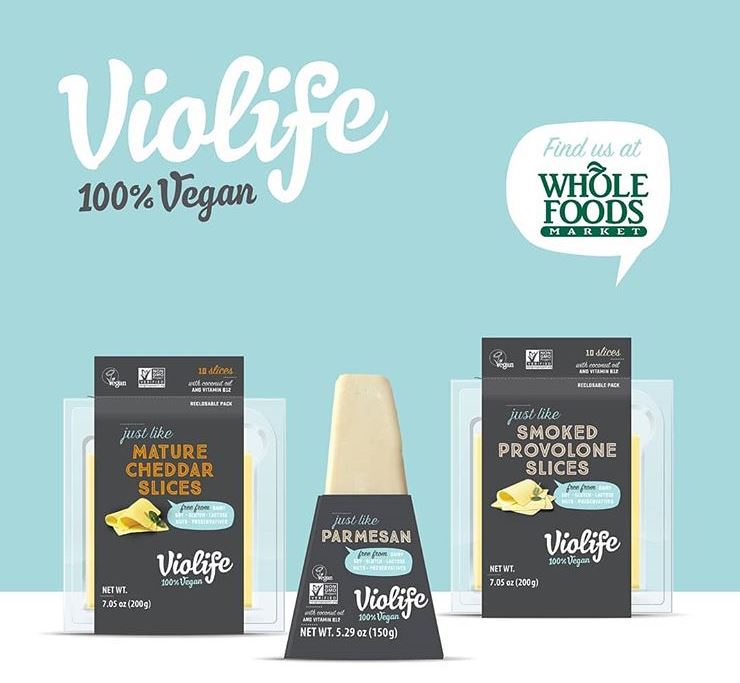
- Voilife (as pictured above)
- Tesco free from range
- Sainsbury’s free from range
- Sheese
- Applewood
- M&S plant kitchen
- Koko
Many more vegan cheeses can be found in both supermarkets and specialist vegan stores, including online retailers.
Not all vegan cheeses will be to everyone’s taste, and many people have to try a few brands before finding the right ones for them. Some vegan cheeses are better for cooking with, while others are great on salads or in sandwiches.
Do you have a favourite vegan cheese? Let us know in the comments.

